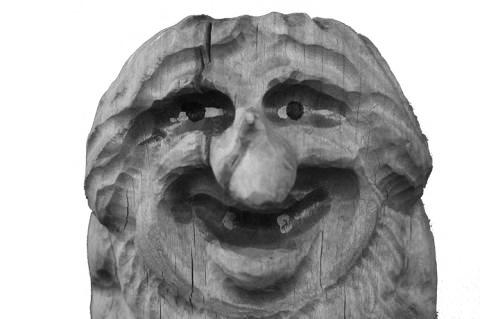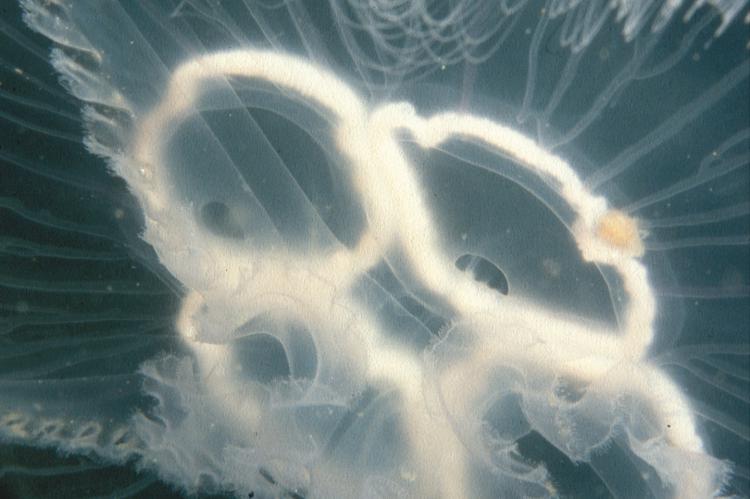1 minute
Oceanic shapeshifters
Injured moon jellies can restore symmetry and balance by re-organising parts of their body.
Aurelia aurita is also known as moon jelly, moon jellyfish, common jellyfish or saucer jelly
The genus Aurelia is found throughout most of the world's oceans, from the tropics to as far north as latitude 70°N and as far south as 40°S
Animals are endowed with the capacity to repair injuries. Some animals simply heal the wound, whereas others are able to regenerate lost parts.
A new study now document yet another and previously unidentified strategy of self-repair, where moon jellyfish respond to injuries by reorganizing existing parts, and rebuilding essential body symmetry, important for them to stay balanced as they travel around the ocean, without regenerating what is lost.
By looking at how these jellyfish respond to injuries, the research team found that they change their muscular networks in order for their mouth and limbs to stay centred. They can then continue to develop into healthy adults.
The juvenile jellyfish can recover their balance in just a few days, an ability no longer thought possible when they develop into full adults.


